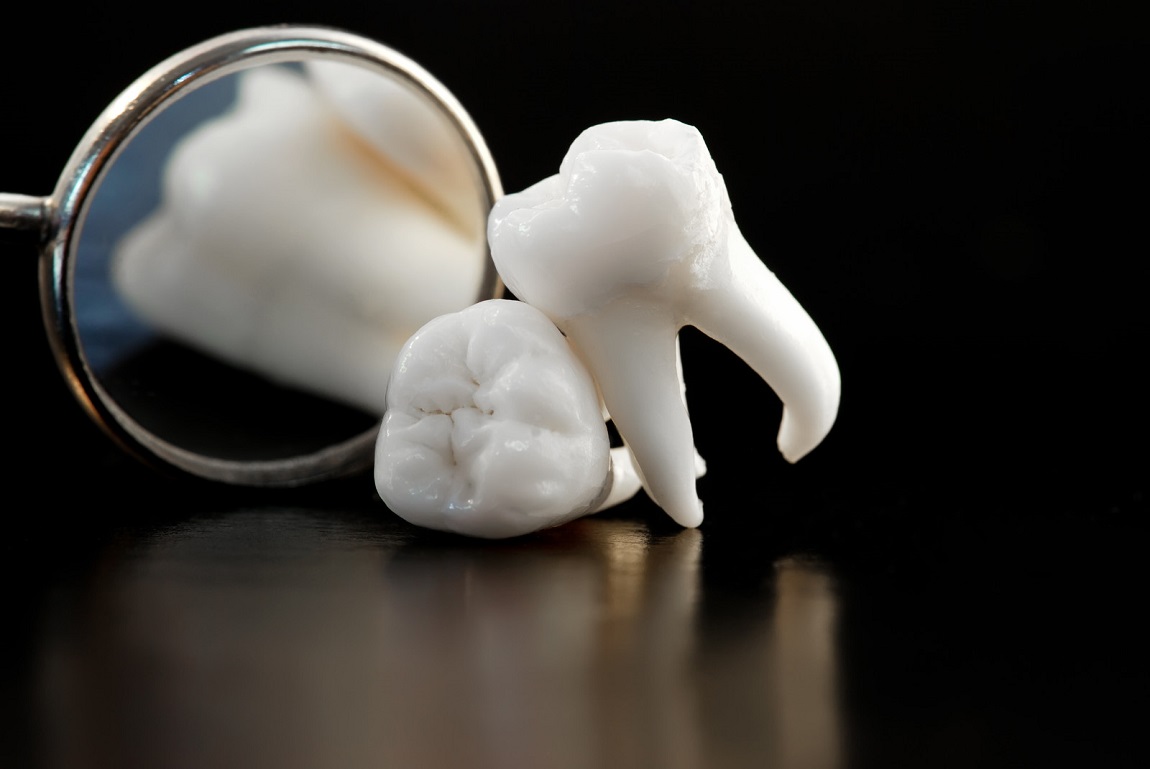Do you remember your basic grammar lessons? A noun is a person, place or thing. Here’s a random example of a noun: wisdom teeth. An adjective is a word that modifies or describes a noun. And those adjectives can greatly affect how you perceive those nouns. Here’s an example. “Sparkly” wisdom teeth are one thing. But what about “impacted” wisdom teeth?
One of the most appropriate adjectives for “wisdom teeth” is “unnecessary”. After all, you don’t need them. Another common and appropriate adjective for wisdom teeth? Try “threatening.” After all, wisdom teeth can cause many problems in your mouth. Becoming impacted — stuck and lodged beneath other molars in your jaw, in whole or in part — is just one example of the issues that can arise. Because of those risks, our dentist may recommend that you undergo wisdom tooth extraction in Yaletown before any problems arise.
Here’s what to watch for and what to discuss with our dentist about your wisdom teeth and problems that can emerge if they aren’t pulled on a preventative basis.
Not Just Unnecessary, but Potentially Troublesome
The emergence of wisdom teeth can cause serious dental problems for one basic reason: there isn’t room for another set of molars in your jaw.
Emerging wisdom teeth can cause problems, including:
- Your other teeth will become crooked because they were pushed out of their proper position
- Your teeth will become overly crowded, making dental hygiene more difficult and causing toothaches and jaw pain
- Those wisdom teeth may grow sideways or at extreme angles because that’s the only position in which they can fit into your jaw. Wisdom teeth that grow sideways or at extreme angles can cause jaw pain, toothaches and distortions of your bite
- An increased likelihood of tooth decay and cavities
- An increased likelihood of jaw pain and toothaches
- An increased likelihood of cysts and tumours beneath your gums, especially if the wisdom teeth become fully or partially impacted
While undergoing an optional wisdom tooth extraction near you may seem like an unusually invasive preventative step, our dentist near west end will recommend it when the risks of complications are high, and extraction can eliminate those risks and prevent the need for even more complex, invasive and expensive procedures in the future.
When is the best time to have wisdom teeth extracted? The best answer is before it becomes more complex and necessarily invasive. It would help if you asked our dentist near you to examine your wisdom teeth specifically and intentionally between the ages of 16 and 19. Many dentists recommend that teeth be extracted before the age of 20 because your jawbones and teeth will still be softer than as you age, and healing will be easier.
Signs Your Wisdom Teeth are Impacted or Need To Be Pulled
If you notice any of these symptoms and still have wisdom teeth, immediately make an appointment with our dentist near you. Ask our dentist if your wisdom teeth are beginning to cause problems and what should be done:
- Sporadic or persistent pain in the back of your mouth
- Swollen and tender gums caused by bacteria getting trapped on your gums
- Bleeding gums at the back of your mouth
- Unexplained earaches and headaches
- A painful, stiff or swollen jaw
- Persistent sinus pain, sinus headaches, pressure or congestion due to the pressure of the wisdom teeth roots pressing against your sinuses
- New or worsening crookedness in your visible teeth
- Cysts on or around your gums in the back of your mouth
- Persistent bad breath despite good oral hygiene habits and even using mouthwash
- Pain while eating
- Noticing that you may be biting your tongue or cheek an unusual amount of times due to the changing shape of your jaw and alignment of your teeth
If you’re suffering any symptoms of impacted wisdom teeth or related issues, contact our dentist and ask if you should have those “unnecessary” wisdom teeth pulled.
